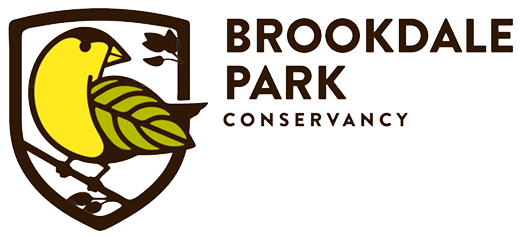by Jacoba Coes
This year you may have seen more acorns then usual, heard them raining down or noticed a thick carpet of acorns under our oaks.
Oaks produce acorns on a boom and bust cycle. Most years they drop about 2,000 acorns per tree but every 2-5 years oaks create big bumper crops. These years are called mast* years and a large oak will produce around 10,000 acorns!
Photo Credit: Jacoba Coes
Acorns are eaten by many animals like squirrels, chipmunks, mice, deer, bears and birds (especially blue jays and turkeys). The very popularity of acorns as a food source means that most years very few are left to turn into oak trees.
However, by using the boom and bust strategy ‘predator satiation’ occurs. Each time a huge crop of acorns is produced the predators simply cannot eat all of them, leaving more to grow into oak trees.
Photo Credit: Free Stock
The mast (boom) year takes a lot of energy out of the tree. After this year’s mast the 2024 crop will be tiny as the tree is restoring its energy. Ecologically the boom year surplus of food drives up predator populations in the following year. You will see lots of baby squirrels and chipmunks next year followed by a reduced population in 2025 due to a lower acorn crop.
In some parts of the world, mast coordination stretches for hundreds of miles affecting thousands of trees, however, at the same time not all species of oaks mast in the same year, and not every individual tree will mast. Mast crops are also produced by other species of trees such as beeches. It is thought masting could be triggered environmentally, driven by pollen or signaled chemically through the air or underground root/fungal connections. The science behind it is still not fully understood.
*Mast - a collective term for all fruits, seeds and nuts from trees and shrubs. A mast year is when a particular woodland species produces more nuts or fruit than normal.
Family Activity: Grow an Oak Tree
Why? In addition to the birds and animals supported oak trees support over 500 hundred species of moth and butterflies, not to mention other insects making them a keystone species. Read more here.
Jacoba Coes is a Rutgers Master Gardener and board member of Brookdale Park Conservancy. She actively volunteers in the park most weeks and works with the BPC Education and Outreach team.




